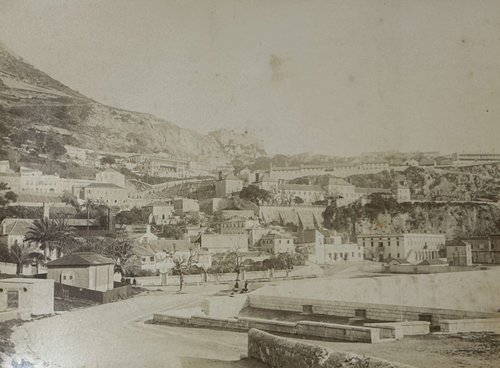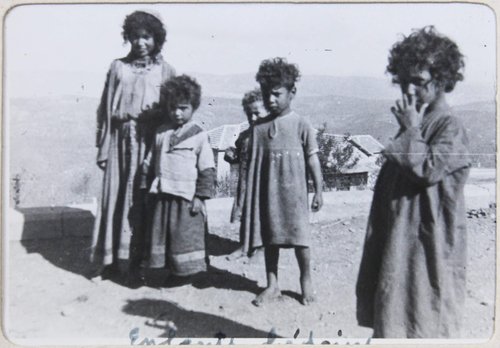






#O16
[1882]
Quarto (ca. 28x19,5 cm). 252 pp. (numbered in Eastern Arabic system). Text in Farsi, title page decorated with elaborate floral ornaments. Period ink notes in French and Farsi on both endpapers, the note on the rear endpaper is dated 1303 H. [1886] and reads (in translation): “It’s the property of Allah and after the property of Amun Ali abd Al-Ali ibn Akbar ali Khan, God bless him.” Period Indian brown half sheep with marbled papered boards, renewed gilt lettered title label, and gilt tooled borders on the spine and corners. Binding rubbed on extremities, a minor chip of marbled paper on the rear board, paper slightly age toned, but overall a very good copy.
Rare Indian imprint in Farsi with no paper copies found in Worldcat. Interesting edition of the famous “Gulistan” by Saadi Shirazi, one of the greatest poets in the classical Persian literary tradition. As follows from the afterword, the Bombay edition was approved by Sheikh Ghulam Muhi ad-Din and edited by Abd ar-Rauf. Commentaries on the margins include references to Ali Bahai; the main text is followed by “khatima” or afterword. The author, Sa’adi Shirazi, known as the “Master of Speech,” created thousands of mystical, romantic poems, long forms with irregular rhythm – qasidas, religious hymns etc. “Gulistan” was composed in 1258 AD and is Sa’adi’s second major work after “Bustan” (“Garden”). It consists of small stories of aphoristic character, with elegant intricate plots expressed in precise and exact lines. This “multi-layered” poem led to the creation of an Iranian saying: “Every line of Sa’adi has 72 meanings”. Gulistan contains hidden context of Sufi character and is deeply connected with the teachings of as-Suhrawerdi. (b. 1155). The poem influenced both Western and Eastern tradition, and showed new moral, practical, philosophical and mystical dimensions of small literary forms.














